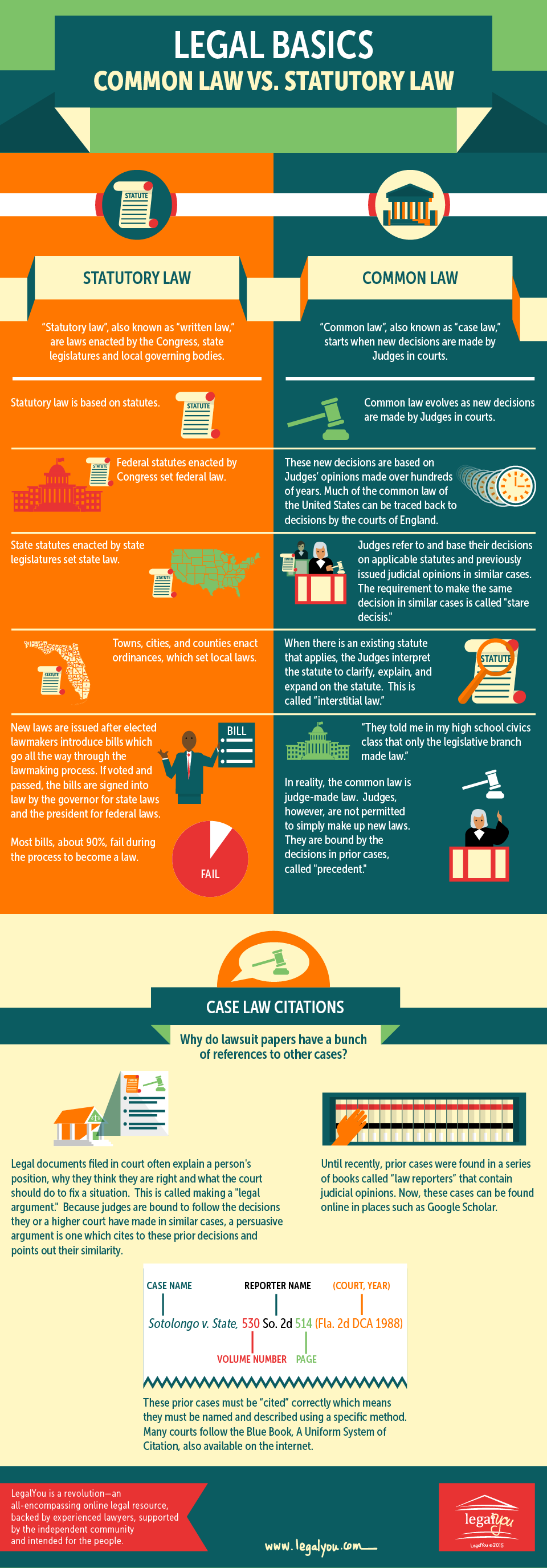What Takes Place Throughout A Criminal Trial: A Step-By-Step Introduction
What Takes Place Throughout A Criminal Trial: A Step-By-Step Introduction
Blog Article
Write-Up Author-Donovan Clements
When you enter a criminal trial, you could be shocked by the structured process that unfolds. All of it begins with court selection, where possible jurors are scrutinized for biases through a technique called "voir dire." After that, both sides provide their opening declarations, establishing the stage for the evidence and testaments to adhere to. You'll see just how the prosecution and defense develop their instances, yet what takes place next can significantly impact the result. Recognizing these stages can expose the intricacies of justice, but there's more to discover about the critical moments that comply with.
Jury Selection Process
When it concerns the jury choice process, you're diving right into a vital phase of a criminal trial. This process, commonly called "voir dire," entails questioning prospective jurors to ensure they're impartial and efficient in providing a fair decision.
You'll see both the prosecution and defense attorneys taking part proactively, each intending to choose jurors that line up with their instance's story.
Throughout voir dire, you'll discover that lawyers ask concerns concerning jurors' histories, beliefs, and experiences. Their goal is to recognize any kind of pre-existing biases that can influence a juror's decision. As a juror, you might feel a mix of anxiety and interest, yet your sincerity is essential.
After questioning, lawyers can challenge certain jurors for reason if they think a juror can't remain impartial. They can additionally use a limited variety of peremptory obstacles to dismiss jurors without mentioning a reason.
Trial Phases Explained
The stages of a criminal test play an essential role in ensuring a reasonable and structured process.
You'll initially experience the opening declarations, where both the prosecution and defense describe their cases. This establishes the stage of what's ahead.
Next off, the prosecution offers its evidence and witnesses, intending to confirm the accused's sense of guilt past an affordable doubt. You'll see straight examination adhered to by interrogation, allowing both sides to test the presented details.
After the prosecution rests its case, it's the protection's turn. They'll offer their proof and witnesses, frequently concentrating on producing practical doubt. You'll observe that the defense doesn't need to confirm innocence; they simply require to challenge the prosecution's situation.
Once both sides have presented their disagreements, you'll listen to closing statements, where each celebration summarizes their case. This is essential as it enhances their placements before the court deliberates.
Throughout these stages, the court makes certain that the test sticks to legal standards and that the rights of both parties are secured.
Comprehending these stages will certainly help you value the complexities associated with a criminal test and the relevance of each step in the search of justice.
Decision and Punishing
Nevertheless proof has existed and arguments made, the court or court delivers a decision, determining the defendant's regret or innocence. If you're part of the jury, you'll ponder with your fellow jurors, discussing the proof and your impressions. This procedure can require time, as you'll wish to make sure everybody settles on the verdict based upon the truths.
As soon as a judgment is gotten to, it's revealed in court. If mouse click the following post accused is condemned, the next phase is sentencing. This is when the judge determines the appropriate penalty. You might discover that numerous factors affect the sentence, such as the seriousness of the criminal activity, the offender's previous record, and any mitigating circumstances.
The judge might impose a variety of sentences, from penalties and community service to jail time. In some cases, the protection or prosecution can present debates relating to sentencing, attempting to sway the court's choice.
If the offender is found not guilty, they're acquitted, and no penalty complies with. Remember that a guilty verdict can frequently bring about allures, where the defendant might challenge the verdict or the sentence enforced.
Verdict
In a criminal trial, you've seen how critical each action is, from jury selection to the last judgment. You have actually complied with the prosecution and protection as they develop their instances, intending to encourage the court. When deliberation concludes, the verdict identifies the outcome, and if the accused is condemned, the sentencing phase begins. Understanding these processes assists you appreciate the complexities of the justice system and the relevance of each role in ensuring a reasonable trial.
